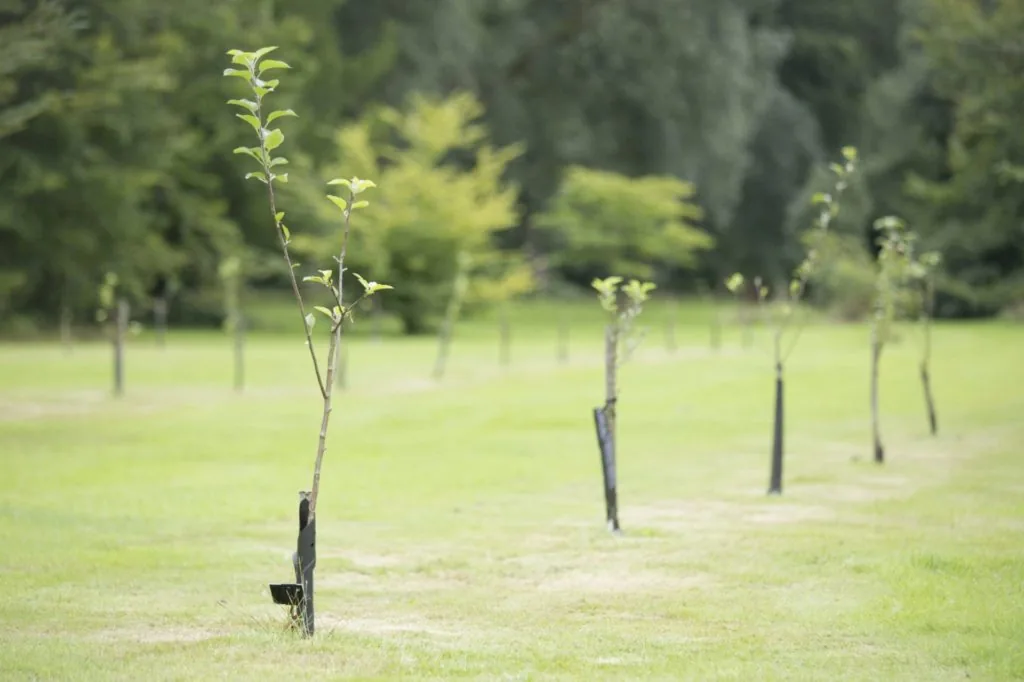
Divorce: A guide on taking children abroad
In this guide Managing Associate, Emily Botham explores the complexities on taking children abroad for divorced parents and answers two topical questions – ‘Do I need permission to take my children abroad?’ and ‘What can I do to stop my ex-partner taking my children abroad?’

By Emily Botham
29th August 2023 | 1 minute readDo I need permission to take my children abroad?
With the school holidays in full swing, (and with the unfortunate turn in the British weather), we are being asked frequently by our clients at the moment whether or not they need the permission from the other parent to take their children abroad.
If you and your former partner are separated, you may need the consent of the other parent before you can take your children abroad. This is dependent on a couple of points which we consider in this article.
What do you need to think about when asking for permission?
The starting point is to highlight the legal principle of Parental Responsibility. This is the legal rights and responsibilities a parent holds for their children and can relate to issues such as; medical decisions, changing school and childcare obligations.
You must get permission from anyone that holds Parental Responsibility to take a child abroad unless there is an existing order in place that says the children live with you. We would encourage and recommend that it is good practice to still obtain permission even if the other parent does not hold Parental Responsibility.
All mothers automatically hold Parental Responsibility.
A father will only have Parental Responsibility if:
- He was married to the mother at the time of the child’s birth or after
- His name is on the child’s birth certificate
- A Parental Responsibility Order has been made by the court
- There is a Parental Responsibility Agreement with the mother
If there is an existing order in place, this type of order is known as a “Child Arrangement Order” or historically has been known as a “Residence Order”. In this type of order, it will state on the order itself that you can take a child abroad for up to 1 month without the consent of the other parent. However, if you wish to go for longer than 1 month (28 days) then you will need permission from the other parent.
If both parents have Parental Responsibility and there is no order in place providing for where children live; both parents will need to consent to take children abroad.
If one parent does not give consent, then the parent wanting to take the children abroad will need to seek permission from the court to do so. This means that where you don’t have the other parent’s consent, you can ask the Family Court for an order to be able to go.
What do you need to think about when asking for permission?
The starting point is to highlight the legal principle of Parental Responsibility. This is the legal rights and responsibilities a parent holds for their children and can relate to issues such as; medical decisions, changing school and childcare obligations.
You must get permission from anyone that holds Parental Responsibility to take a child abroad unless there is an existing order in place that says the children live with you. We would encourage and recommend that it is good practice to still obtain permission even if the other parent does not hold Parental Responsibility.
All mothers automatically hold Parental Responsibility.
A father will only have Parental Responsibility if:
- He was married to the mother at the time of the child’s birth or after
- His name is on the child’s birth certificate
- A Parental Responsibility Order has been made by the court
- There is a Parental Responsibility Agreement with the mother
If there is an existing order in place, this type of order is known as a “Child Arrangement Order” or historically has been known as a “Residence Order”. In this type of order, it will state on the order itself that you can take a child abroad for up to 1 month without the consent of the other parent. However, if you wish to go for longer than 1 month (28 days) then you will need permission from the other parent.
If both parents have Parental Responsibility and there is no order in place providing for where children live; both parents will need to consent to take children abroad.
If one parent does not give consent, then the parent wanting to take the children abroad will need to seek permission from the court to do so. This means that where you don’t have the other parent’s consent, you can ask the Family Court for an order to be able to go.
What can I do to stop my ex-partner taking our children abroad?
In this section we explore what can be done if you do not agree to one parent taking the children abroad.
The starting point to consider is whether or not you hold Parental Responsibility and whether or not there is any order in existence stating where your child should live.
If there is not an existing order stating where your child should live, and you hold Parental Responsibility, you can refuse to agree to the other parent removing the children to take them abroad. You can also make an application to court for a "Prohibited Steps" order to stop them from taking this step. You should discuss this application very carefully with your legal adviser.

What reasons can I refuse to give my consent to a holiday abroad?
The court is well versed in hearing from parents that express concerns about another parent taking children on holiday. The court’s first consideration is what is in the children’s best interests. Further, the court looks at a shopping list of factors to help the court reach a decision about what is in the children’s best interests.
Here are some examples of why one parent may refuse to give their consent:
- If you are a parent that has concerns about the other parent taking them abroad due to safeguarding concerns i.e. the children will not be safe whilst on the holiday
- You have reasonable grounds to suspect that the children might be at risk of abduction and not returned to you
- You are not being provided with the relevant information about the intended country, details of the accommodation, travel information etc
- The proposed holiday may not fall within your existing childcare arrangements and there is no flexibility for you to have the time made up elsewhere
- Religious reasons
- The proposed holiday is outside of school holiday periods
Parents should be careful about refusing permission as simply refusing without good reason to add to parenting hostilities will not be beneficial. The court may take a dim view on a parent maintaining an unreasonable position about this.
Key contacts
If you have any further questions about a potential issue like this, or for assistance with a court application or should you wish to get in touch, please do not hesitate to contact the team below.













